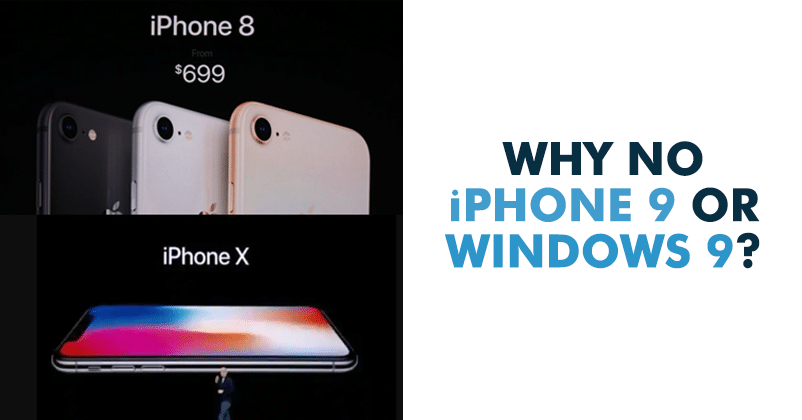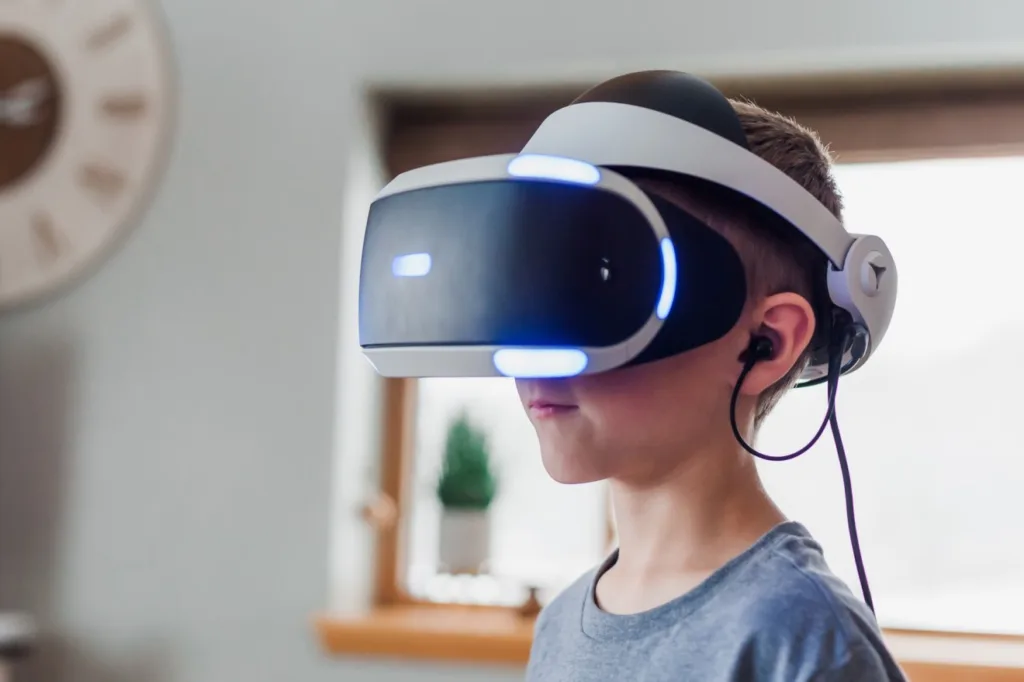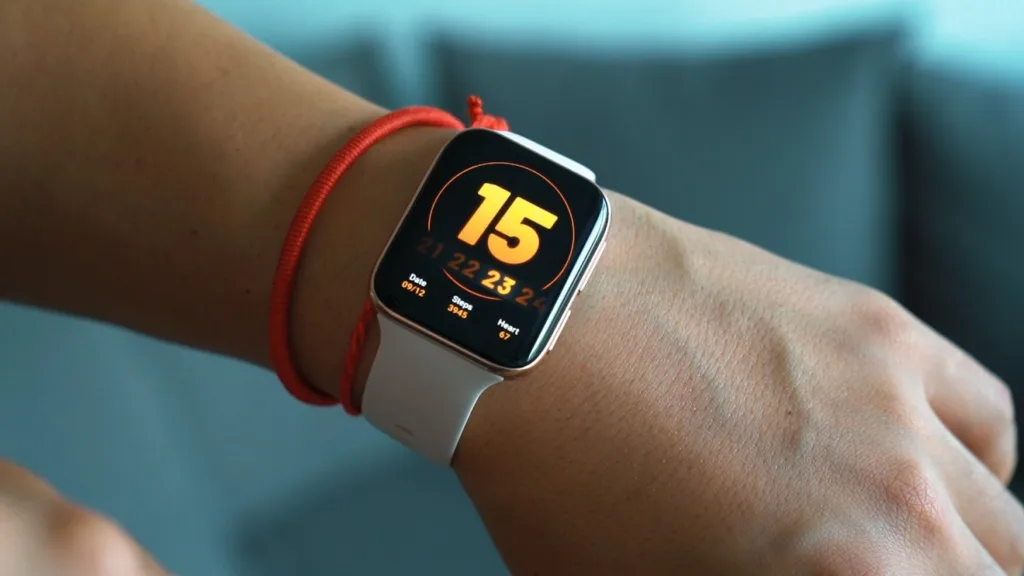In the fast-paced world of technology, where every innovation is scrutinized, the absence of Windows 9 and iPhone 9 has puzzled many. These two giants of the tech industry, Microsoft and Apple, seemingly jumped from 8 to 10 and 8 to X, respectively, leaving users and enthusiasts curious about the rationale behind such decisions.
The Mystery of Windows 9
The conspicuous absence of Windows 9 left tech aficionados speculating. What happened to the logical progression from Windows 8 to Windows 9? Some theories suggest that Microsoft aimed to distance its new release from the underwhelming Windows 8, which faced criticism for its interface and functionality.
The Case of iPhone 9
Similarly, Apple’s decision to skip iPhone 9 raised eyebrows. While the company introduced iPhone 8 and iPhone X (pronounced “ten”), the absence of iPhone 9 seemed intentional. Apple is renowned for its meticulous branding and marketing strategies, prompting speculation about the rationale behind this move.
Marketing and Branding Considerations
Product naming is not merely a matter of semantics; it plays a pivotal role in consumer perception and market positioning. Skipping a version number can create intrigue and anticipation among consumers, influencing their perception of the product’s innovation and advancement.
Technical and Software Implications
The decision to skip a version number entails technical considerations, particularly concerning software compatibility. For Microsoft, releasing Windows 9 might have posed compatibility issues with older software designed to detect Windows versions numerically.
Competitive Landscape
In a fiercely competitive market, companies leverage every aspect of branding and marketing to gain a competitive edge. The strategic implications of skipping version numbers extend beyond mere nomenclature, impacting consumer behavior and market dynamics.
Apple’s Naming Conventions
Apple’s approach to product naming reflects its commitment to innovation and differentiation. By deviating from conventional naming conventions, Apple seeks to create a unique identity for its products, fostering brand loyalty and consumer engagement.
Microsoft’s Decision Making
Microsoft’s decision to skip Windows 9 underscores the complex interplay of factors shaping product development and marketing strategies. Industry standards, consumer preferences, and competitive pressures all influence decision-making processes within tech companies.
User Expectations and Reception
The absence of Windows 9 and iPhone 9 sparked varied responses from users and tech enthusiasts. While some embraced the novelty of the new naming conventions, others expressed confusion and skepticism about the rationale behind such decisions.
Consequences of Skipping a Number
Skipping a version number carries both advantages and disadvantages. While it can create buzz and generate excitement around a product launch, it also risks alienating consumers accustomed to traditional naming conventions.
Alternatives and Speculations
In hindsight, one may speculate about alternative naming strategies that could have been employed by Microsoft and Apple. However, the decision to skip a version number reflects the intricacies of brand management and market positioning in the tech industry.
Conclusion
The absence of Windows 9 and iPhone 9 highlights the evolving nature of product branding and marketing in the tech industry. While the rationale behind such decisions may remain subject to speculation, they underscore the importance of strategic foresight and adaptability in an ever-changing market landscape.
FAQs
- Why did Microsoft skip Windows 9?
- Microsoft’s decision to skip Windows 9 was likely influenced by branding and marketing considerations, as well as technical implications related to software compatibility.
- Is there a technical reason behind skipping Windows 9?
- Yes, skipping Windows 9 may have helped avoid compatibility issues with legacy software designed to detect Windows versions numerically.
- Did Apple intentionally skip iPhone 9?
- While Apple’s decision to skip iPhone 9 was deliberate, the exact rationale behind this move remains a subject of speculation.
- How do consumers perceive the absence of Windows 9 and iPhone 9?
- Consumer perceptions vary, with some embracing the novelty of the new naming conventions while others expressing confusion or skepticism.
- Are there any precedents for skipping version numbers in tech?
- Yes, skipping version numbers is not unprecedented in the tech industry, with companies occasionally opting for unconventional naming strategies to differentiate their products.



